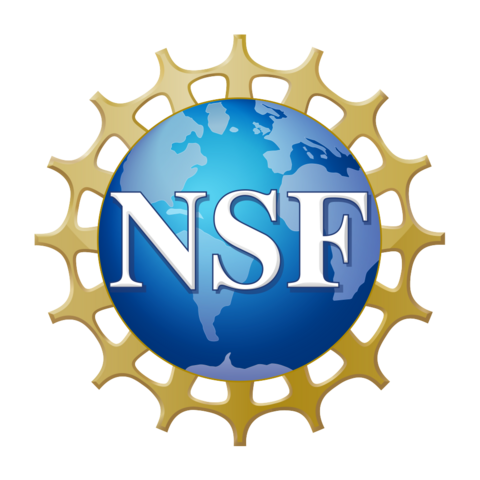


The 2024 Early Career Chief Scientist Training cruise has wrapped up the at sea portion of the mission. The cruise was a de facto success and all the participants are now home safe with samples and instrumentation accounted for. In short time, we came together as a team to craft a robust science plan; we changed that plan when we realized a hurricane was coming our way, and we implemented the plan as best as Poseidon would allow given 30 kt winds and high seas. All research expeditions are collaborations – from the agencies that support us (shout out to UNOLS and NSF, mahalo!), to the shore side research vessel operations, to the ship’s captain and crew, and finally to the science team. The effort and investment that goes into ocean science is considerable and we do not take a moment for granted. Matt Church and I have had a few chances to lead these training expeditions together; we both have a deep appreciation for the opportunity to share our knowledge and experience with the next generation. Having a diversity of perspective is important, because while we all remember our first at sea, it’s another thing entirely to write a proposal, have it funded, and then embark on leading an collaborative multi-disciplinary expedition. There are many approaches to leading a successful cruise, but all require communication, patience, flexibility and resilience. We had that in spades. And in the end, with agency support, we were able to provide the team with all the key elements needed to submit proposals to NSF that request shiptime, manage that shiptime with the ship operators and UNOLS, and submit the data to BCO-DMO.
This year, we had over 3 times the applicants as we had berths for scientists. Selecting a group of scientists whose science fit well together and who were poised to best take advantage of this opportunity was challenging and the timeline was short. It worked out better than could be expected. It was a cohesive group, willing to roll with the punches that came with a tropical storm. When all was said and done, we only had 2 operations canceled due to weather. We sampled the decaying phase of a large phytoplankton bloom and pulled off free floating arrays, CTD operations, net tows, towed imaging systems (the VPR), and the maiden open ocean voyage of the PICA camera system. I see a peer-reviewed manuscript in our future! Upon returning to shore, we began a gauntlet of dry ice and Fed Ex runs in my old truck. Riding in an open truck bed is legal in Hawaii so no laws were broken in the above image. We also took a moment to pose for group photos. It was a blur of coordinated operations at the end but overall the expedition was a grand success. Please do check out all the science posts – they cover a lot of ground and show the appreciation that the team had for their time at sea.
John F. Kennedy coined the phrase ‘ a rising tide will lift all boats’ as an aphorism for the economy. It’s also a fitting saying for NSF/UNOLS Early Career Chief Scientist Training cruises. We’re given a rare opportunity to go to sea with the next generation of ocean leadership. They are the rising tide that will lift up the community. They will write proposals, secure funding, explore our ocean planet, and embark on discoveries we cannot yet imagine. We can’t wait to see where their careers lead.

